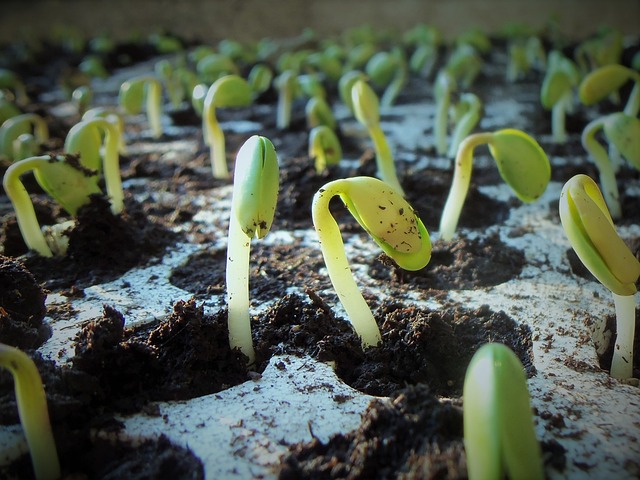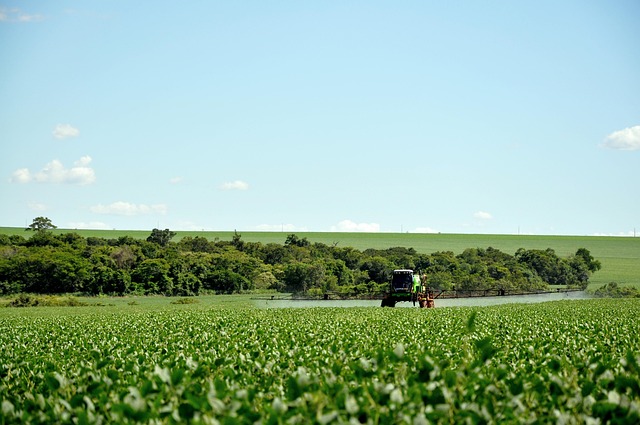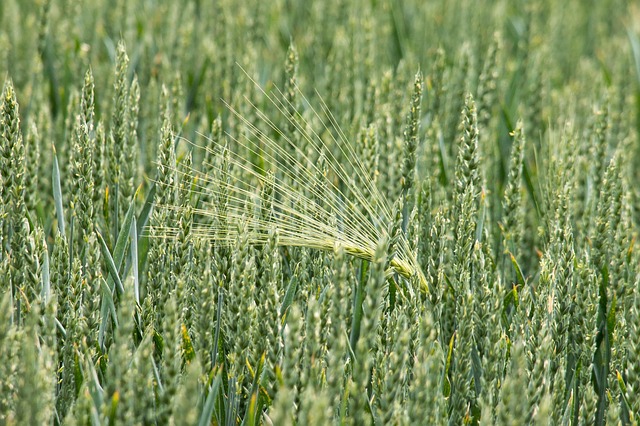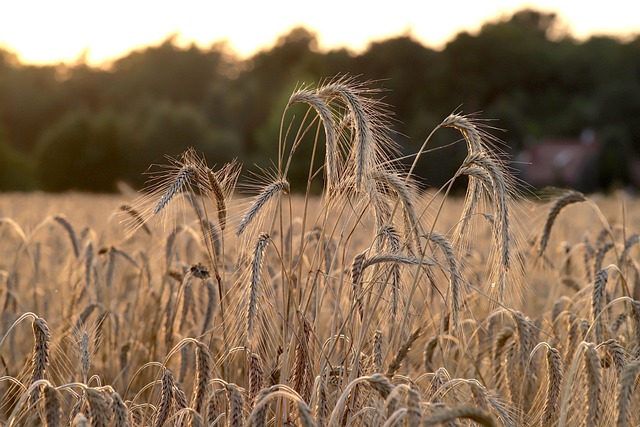A shift away from the common sight of bare winter fields could significantly enhance soil health and support farmland wildlife, a new study suggests. The assessment of “regenerative agriculture”—a farming approach focused on improving soil quality, increasing food production, and fostering biodiversity—found strong evidence that minimising bare soils, such as by planting cover crops during winter, benefits both soil and nature. However, the study provided limited evidence regarding the advantages of “no-till” or “minimum-till” practices, which aim to reduce soil disturbance through minimal ploughing, despite their prominence in regenerative agriculture.
++ Newly discovered 99-million-year-old wasp used its hairy bum to catch prey
The research also highlighted the benefits of integrating livestock into arable farming, such as allowing sheep to graze on cover crops, which can help control weeds, diseases, and pests while improving crop yields. Reducing inputs like pesticides was found to offer both environmental and economic advantages, with improved natural services potentially offsetting any initial drop in yields. The report emphasised that a “whole systems approach” is necessary for the successful transition to regenerative agriculture, as implementing individual measures in isolation is unlikely to deliver the full environmental benefits.
Lead author Dr Lucie Buchi stressed that this should not deter farmers from adopting certain regenerative practices that suit their specific needs, stating that “people need to start somewhere.” The report, compiled by the British Ecological Society, involved contributions from more than 40 ecologists and UK farmers. Dr Roy Neilson, a soil ecologist at the James Hutton Institute and co-author of the report, highlighted that minimising bare soil, particularly through cover crops, has the most significant impact, offering benefits such as reduced soil erosion, increased biodiversity, and improved soil health.
++ Just stop oil ends public protests but pledges to continue fight against fossil fuels
Despite the promising findings, the study also identified significant gaps in evidence, particularly regarding how different regenerative farming measures interact. Dr Buchi, a researcher in crop and weed ecology at the Natural Resources Institute at the University of Greenwich, acknowledged the challenges of transitioning to a new farming system, calling it “complex, difficult, and risky.” She reiterated the importance of incremental adoption, encouraging farmers to integrate regenerative practices at a manageable pace rather than aiming for an immediate, complete overhaul of their farming methods.





